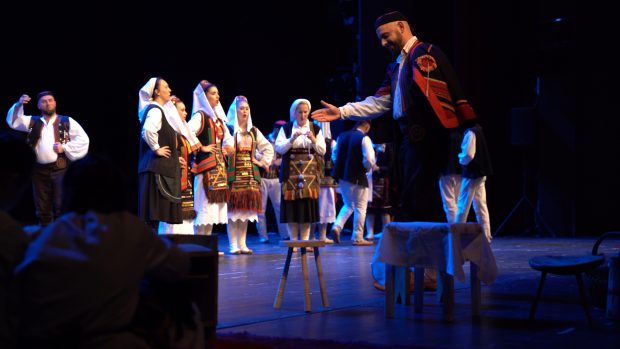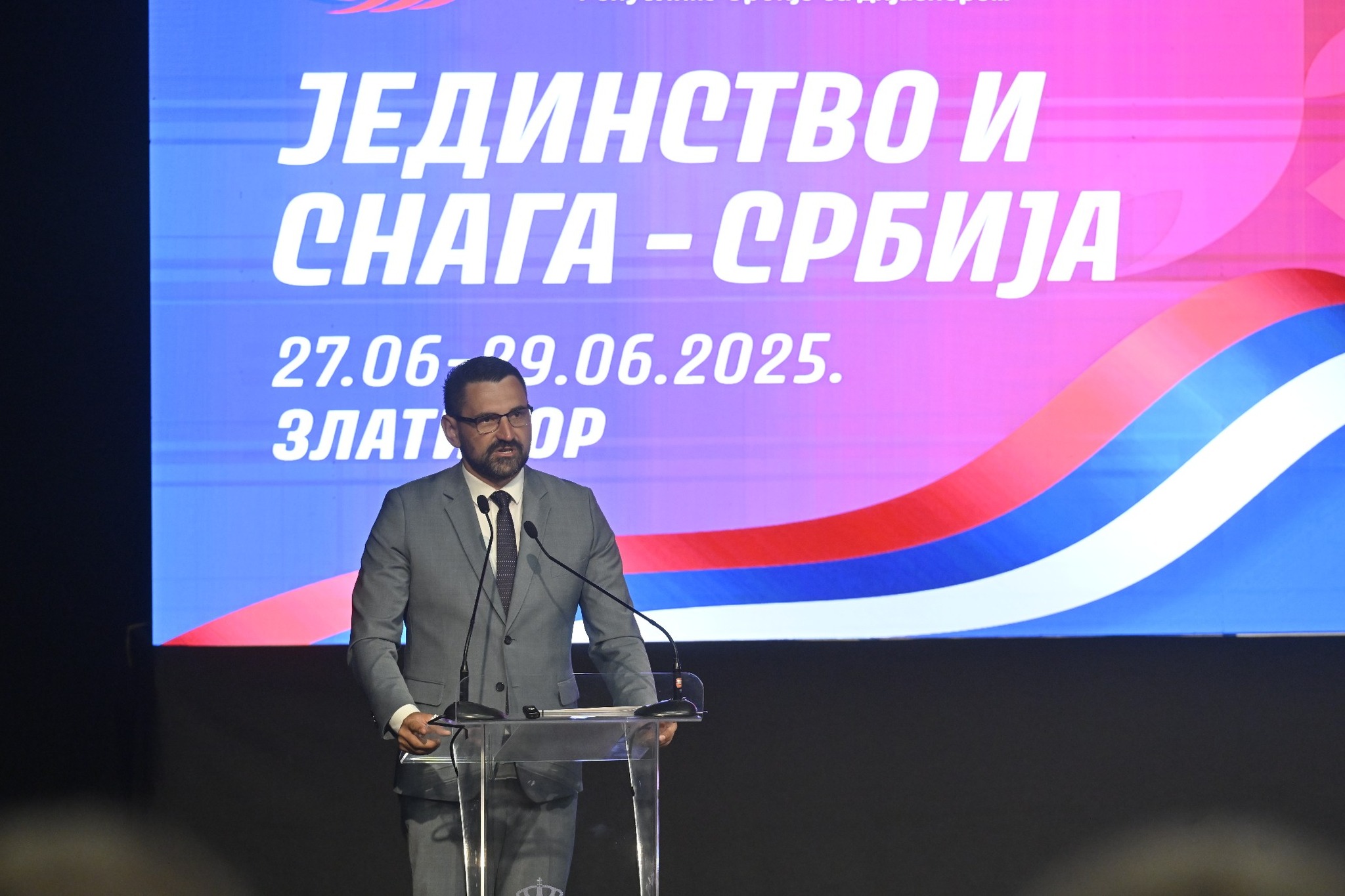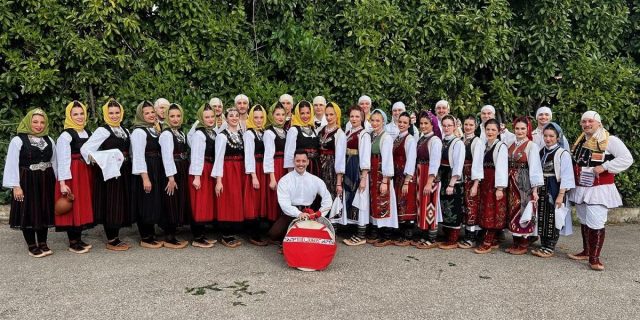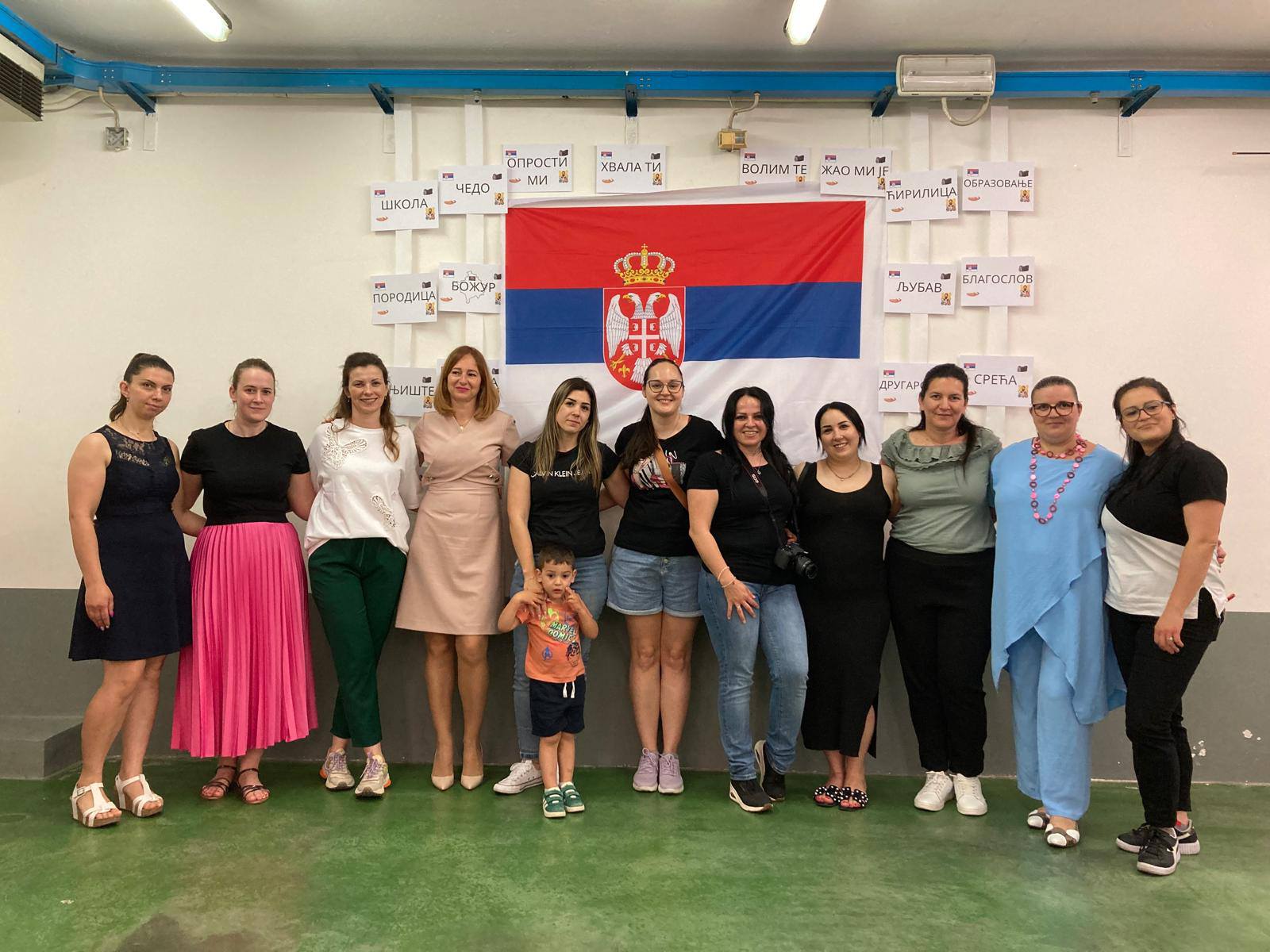The native association Sava Mrkalj organized the eighth folklore festival of Serbs from the region, with participation of nine cultural and artistic societies from our country and the region.
As true guardians of tradition, through dance and song, they presented their rich artistic program on the Jovan Đorđević big stage of the Serbian National Theatre.
The audience could watch and listen to dances, songs and customs from the region, that is, from the area inhabited by the Serbian entity.
Its main task, as a young, but also representative event that strives to preserve and affirm the original culture of the Serbs, is to pass Serbian customs on to future generations and preserve them from oblivion.
The festival is of revue type and a great opportunity for all Serbs from this area to gather in large numbers and to remember their homeland and preserve the thread that connects them to their origins through choreographies that depict the customs and rituals of ancient life.
Through this festival, the native association not only nurtures the tradition, but also preserves the memory of Sava Mrkalj, the language reformer and author of the work that served as inspiration for Vuk’s language reform.
As in previous years, Zorica Vlajnić, the president of the Sava Mrkalj native association, opened the event and greeted the audience with a few words about the association’s goal, its contribution, and strengthening and spreading the cultural and spiritual unity of the Serbian people.
The cultural and artistic society from Piskavica opened the artistic program, staging dances from the Lijevče Field in an authentic fashion, so that the audience saw a small stage performance that included drama, singing and dancing forms.
After the visiting artistic societies followed the societies from Novi Sad, Vojvodina and Serbia, which put on a particular folk dance spectacle and showed dances from the regions of their roots.
The concert attracted a lot of attention and interest among a large number of traditional culture lovers, so the available tickets were insufficient.
The stage magic was completed by the sounds of traditional instruments and the artists who kept in step with the performers with their music.
Whether it is the stage, the lights, the costumes or the actual performance of our intangible cultural heritage, it is quite an experience to observe all this and immerse oneself through music in the beauty and spirit of those ancient times.
Source and photo: Gradske info





